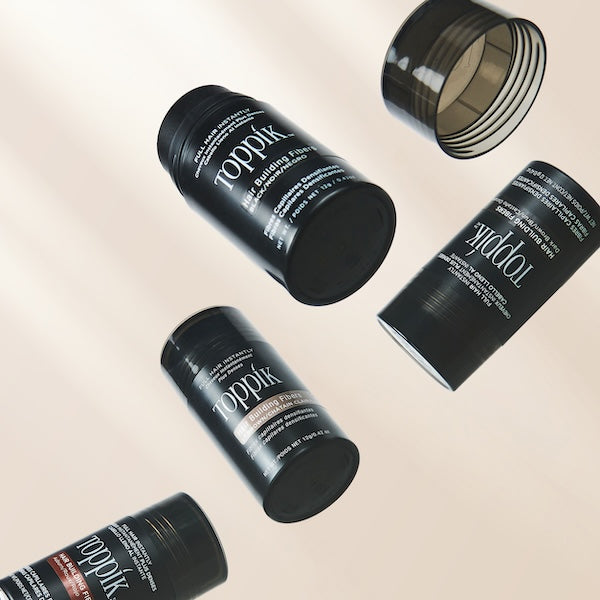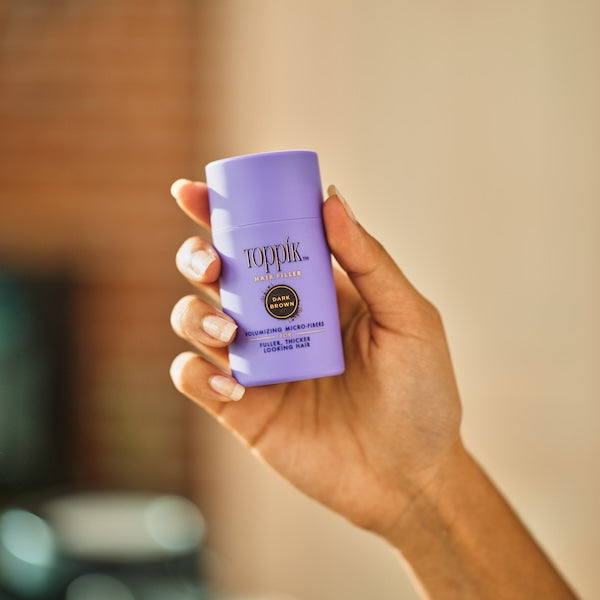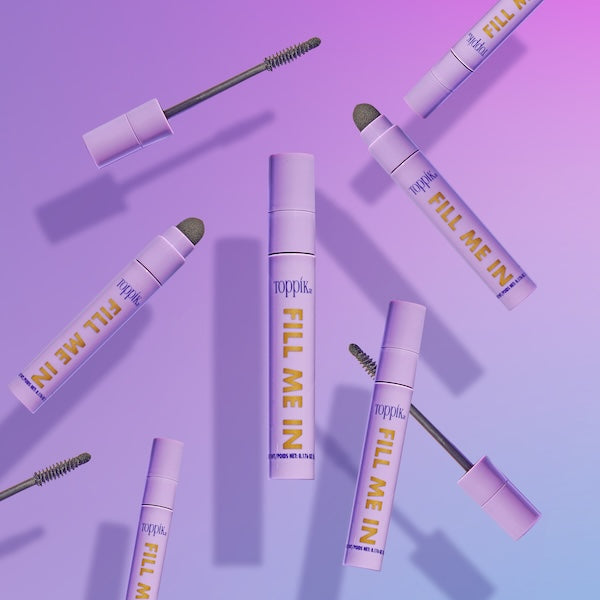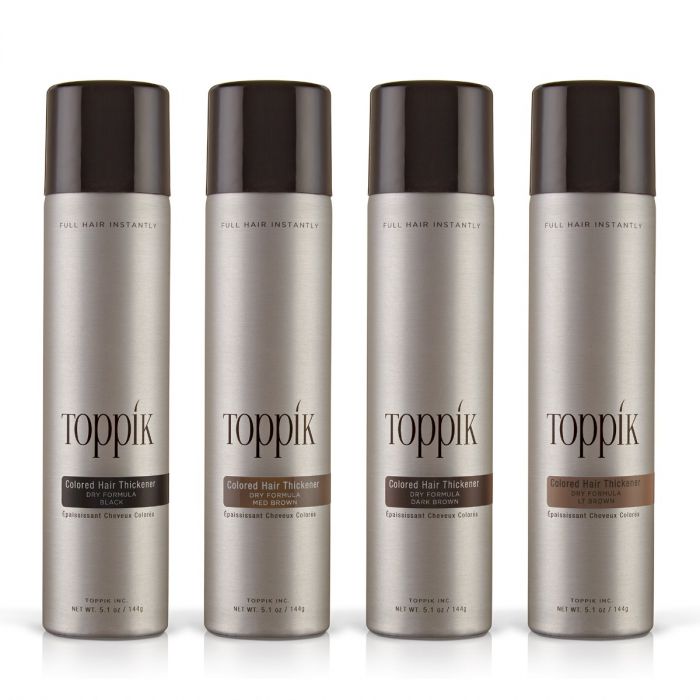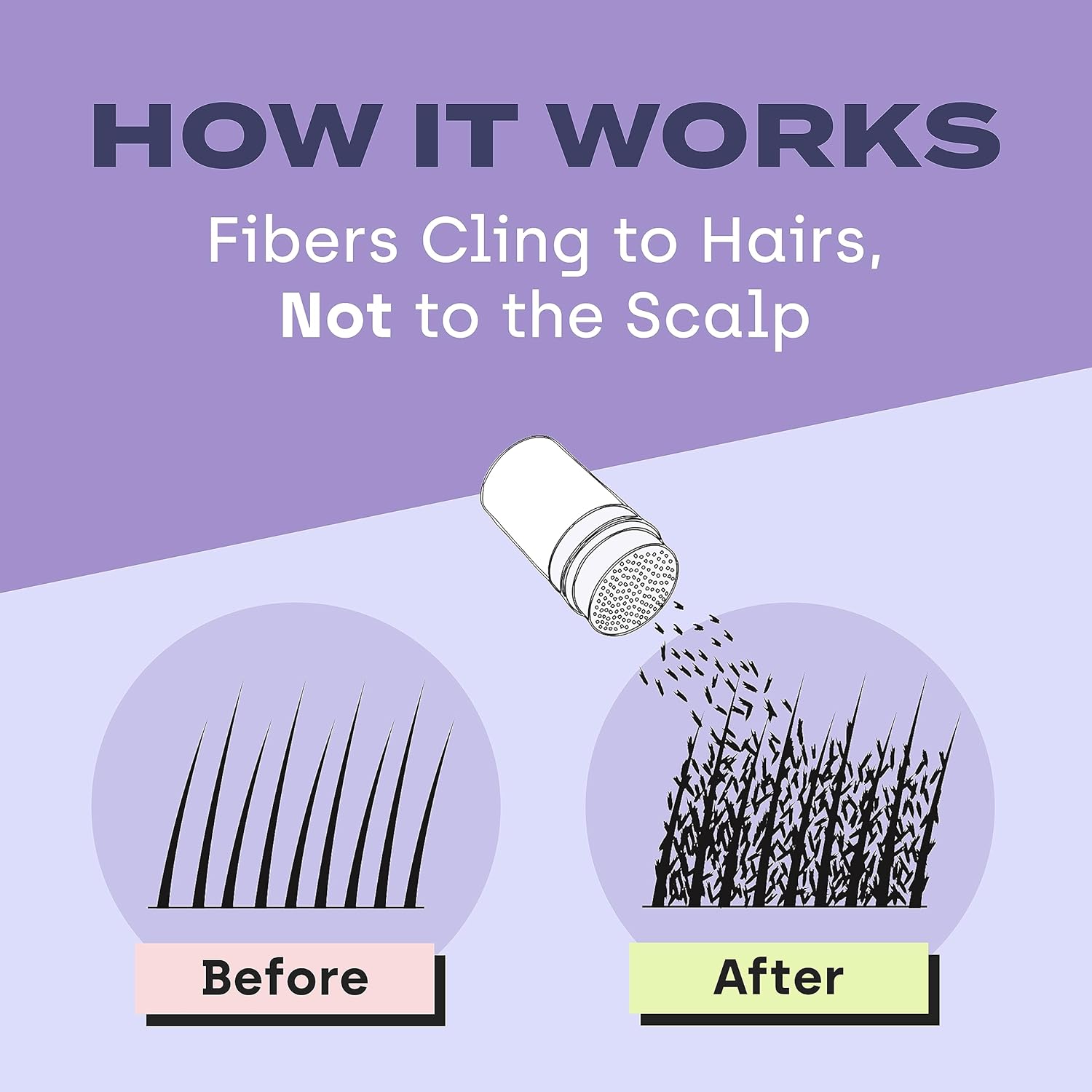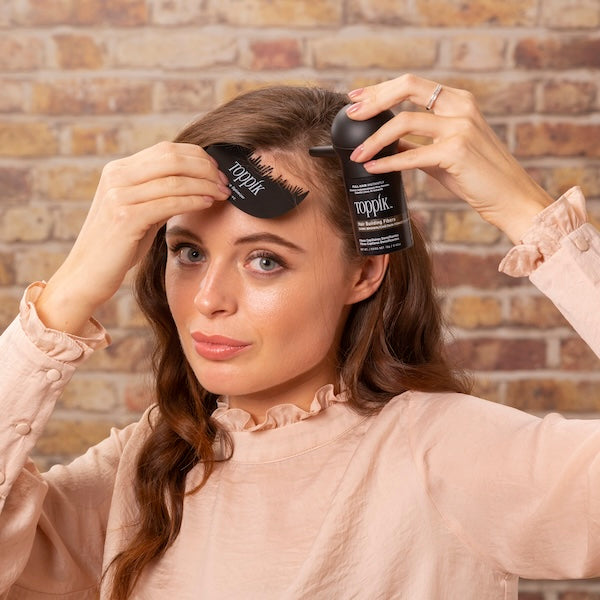Originally Published March 10th 2020
Overwhelmed by the options in the hair care aisle? We don’t blame you. With more products than ever touting the benefits of protein and moisture, you might be wondering, “Does my hair need protein or moisture?” If you’re confused, we’ve got you. Keep reading to learn the difference between moisture and protein when it comes to hair care products. Plus, we’ll tell you a simple test you can perform to figure out what your hair needs most.
Moisture vs. Protein: What’s the Difference?
Both protein and moisture have helpful benefits for restoring damaged hair. Hair that lacks protein or moisture has lost its elasticity, which means it’s more prone to breakage. However, some forms of damaged hair will only benefit from protein-based products, whereas other kinds of hair damage actually require moisture.
Some hair moisturizers come in the form of fatty-acid rich oils and butters. These ingredients penetrate the hair shaft and restore dry hair with much-needed moisture. Plus, they can form a protective layer on the hair, which helps lock moisture inside.
Hair protein comes in the form of hydrolyzed proteins, usually from a plant source like wheat. Hydrolyzed means that the proteins are broken down so they dissolve in water. These proteins cling to the hair, helping to temporarily repair areas of damage. As a result, hair feels and looks healthier and stronger.
So how can you tell whether your hair needs protein or moisture? Here are a few ways to tell:
Does My Hair Need Protein?
First, all hair is made up of a protein called keratin. Sometimes damage from outside forces (especially chemical treatments like hair color and relaxers) can damage the protein of the hair shaft, leaving it prone to breakage. Chemically damaged hair that feels mushy or cotton candy-like can benefit from a protein treatment.
Very fine or thin hair can also benefit from added protein, which can help make strands look thicker and stronger. If your hair looks stringy or limp, those may also be signs that your strands need more protein.
Our pick for strengthening protein-hungry hair? Toppik Hair Building Conditioner, which revitalizes and nourishes strands with a keratin complex that leaves hair looking stronger, thicker and healthier.

Does My Hair Need Moisture?
Hair that needs moisture often feels dry, brittle or rough. It may look dull and tangle easily, and it might be prone to split ends.
Chemical damage can leave hair dry, as can overusing heat tools like curling irons and straighteners. However, some hair types, like curly and textured hair, just naturally tend to be drier and will need to be moisturized more frequently.
Using products formulated with oils and butter can help to moisturize parched hair, leaving it looking softer and feeling more elastic.

The Elasticity Test
Still not sure whether your hair needs protein or moisture? Try this simple elasticity test. Take a strand of your hair and, using your fingers, observe the texture. Then stretch the strand of hair, and compare your results with the descriptions below:
Your Hair Requires Moisture
Hair feels rough, dry, breaks easily and doesn’t stretch at all. Look for a deep conditioner formulated with rich oils and butters.
Your Hair Requires Protein
Hair feels mushy or cotton candy-like, stretches and doesn’t return to its original shape or breaks easily. Try a protein-rich conditioner like Toppik Hair Building Conditioner to restore some of the keratin protein to the outside of your hair strands.

Hair Is Well-Balanced
Hair feels smooth, stretches a little bit and then returns to its original state. Whatever you’re doing, keep it up! The balance of moisture vs protein in your hair care routine is working.
Now that you have a better idea whether your hair needs protein or moisture, you’ll be able to choose the hair products that will work best for your hair’s unique needs.

